Fixing Menace: Is the danger far from over in cricket?
Afghanistan's Ihsanullah and Sri Lanka's Jayawickrama's involvement is a wake-up-call for ICC as the menace of match fixing in cricket looks far from over
Syed Irtiza Ali
Associate Producer, Karachi
Syed Irtiza Ali is a sports journalist with writing experience since 2016. For five years, contributed freelance articles to The News on Sunday (TNS), on all major sports. In late 2021, joined Geo News as a Sports Sub-Editor. Have written bylines for TNS, Geo, and Geo Super. He aims to bring attention to overlooked sports such as squash and hockey.
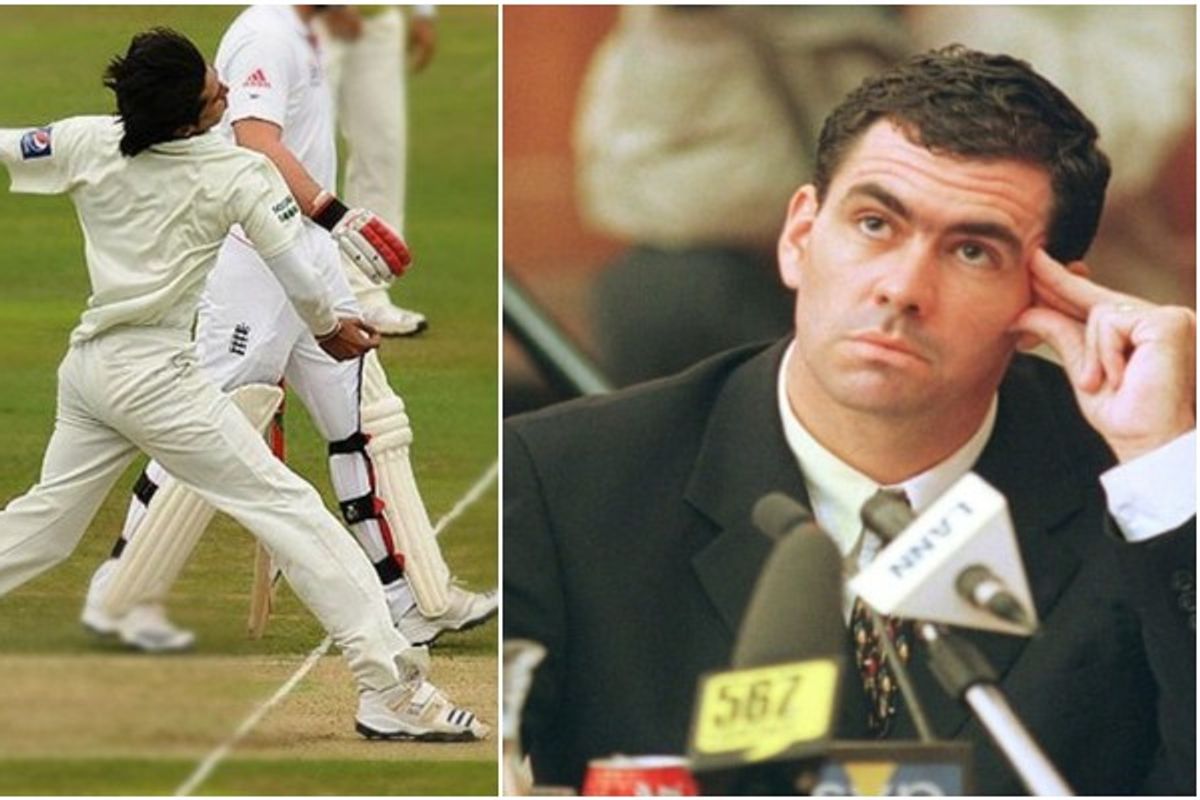
Mohammad Amir (l) Hansie Cronje(r): two of the most prominent cricketers to have been banned over match fixing
AFP
The menace of match fixing in cricket looks far from over as Afghanistan's Ihsanullah Janat and Sri Lanka's Praveen Jayawickrama have come under the spotlight for their involvement in the corrupt practice; meriting a wake-up call for the International Cricket Council (ICC) and other relevant authorities.
Janat, who has appeared in 20 international matches, has been slammed with a five-year ban from all cricket-related activities by the Afghanistan Cricket Board (ACB) after being found guilty during a Kabul Premier League match.
"Janat was found guilty of violating Article 2.1.1 of the ICC Anti-Corruption Code, which involves improper influence or efforts to fix the result, progress, conduct, or any other aspect of a match. He has admitted to the charges and confessed to his involvement in corrupt activities,” ACB said in a statement.
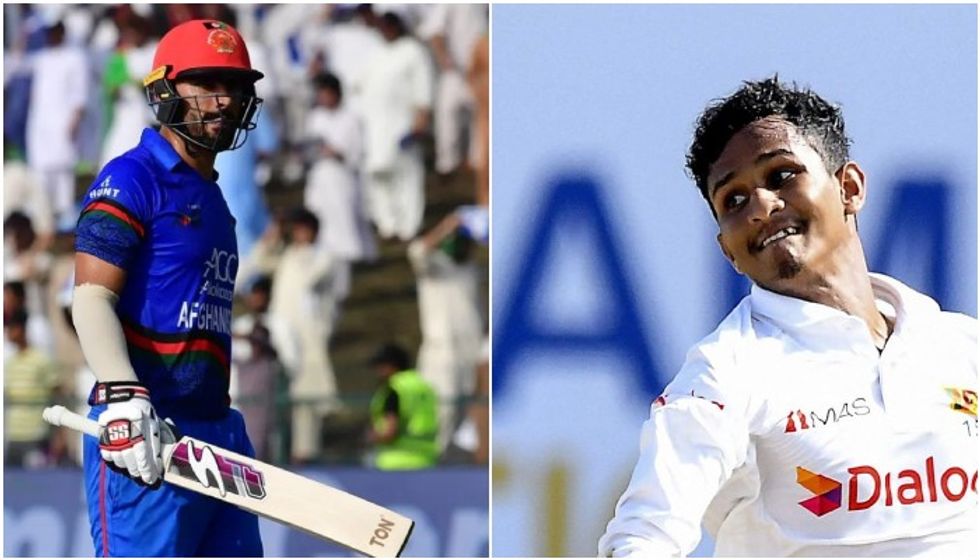
Jayawickrama, on the other hand, has been charged with three counts of anti-corruption code breaches after failing to report an approach to fix matches and obstructing an investigation. The Sri Lankan, who has represented his country in fifteen international games, faces the charges in both international and Lanka Premier League (LPL) matches. According to ICC, the left-arm spinner has 14 days from August 6 to respond to the charges.
Since the 2010 fixing saga, the authorities have developed much stricter rules and regulations. Unfortunately, with the rise of franchise leagues and the involvement of private betting companies, the fixing issue continues to cast a shadow on the spirit and credibility of the game.
2010 Saga
After former South African captain late-Hansie Cronjie was charged by Delhi police for fixing his team’s ODI against India in 2000, the 2010 fixing saga during the England and Pakistan Test in London was the one that rocked the game and forced authorities to come up with strict measures.
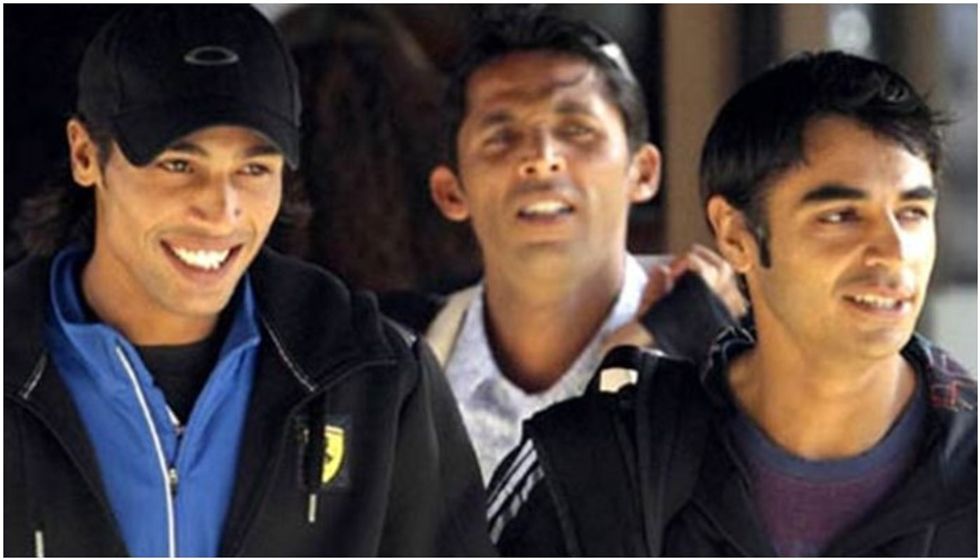
The incident found Pakistan’s frontline pacers Mohammad Amir and Mohammad Asif, and skipper Salman Butt guilty of taking bribes from a bookie Mazhar Majeed for deliberately bowling no-balls.
The three were handed severe punishments with captain Butt banned for ten years, while Asif and Amir were suspended for seven and five years, respectively.
2013 IPL Scandal
On May 16, the cricket’s richest league probably met its biggest crisis when three Rajasthan Royals’ players – Sreesanth, Ajit Chandila and Ankeet Chavan – were arrested by the Delhi Police over their involvement in affecting the match against Mumbai Indians on May 15 in return for money. They were handed life bans, which were later reduced to seven-year by the BCCI.
Apart from the three players, the owners of Chennai Super Kings and Rajasthan Royals were also given two-year suspensions in July 2015.
2017 PSL Episode
The Pakistan Super League (PSL) after witnessing a resounding success in its very first edition, hit rock bottom when the Pakistan Cricket Board (PCB) had to suspend six players over their involvement in spot-fixing, just when the second edition had begun.
Sharjeel Khan, Khalid Latif, Nasir Jamshed, Mohammad Irfan, Shahzaib Hasan and Mohammad Nawaz were among the cricketers given suspension by the PCB under its anti-corruption codes.
Sharjeel was banned for five years for allegedly receiving PKR 2 million for playing two dot balls, while Latif was also punished for five years for pursuing other players to get involved.
Jamshed was given one year suspension for not cooperating with the investigation, but in August 2018 he was slapped with a 10-year suspension by an independent tribunal. Irfan was suspended for a year, while Nawaz for two months over failing to disclose the issue to PCB.
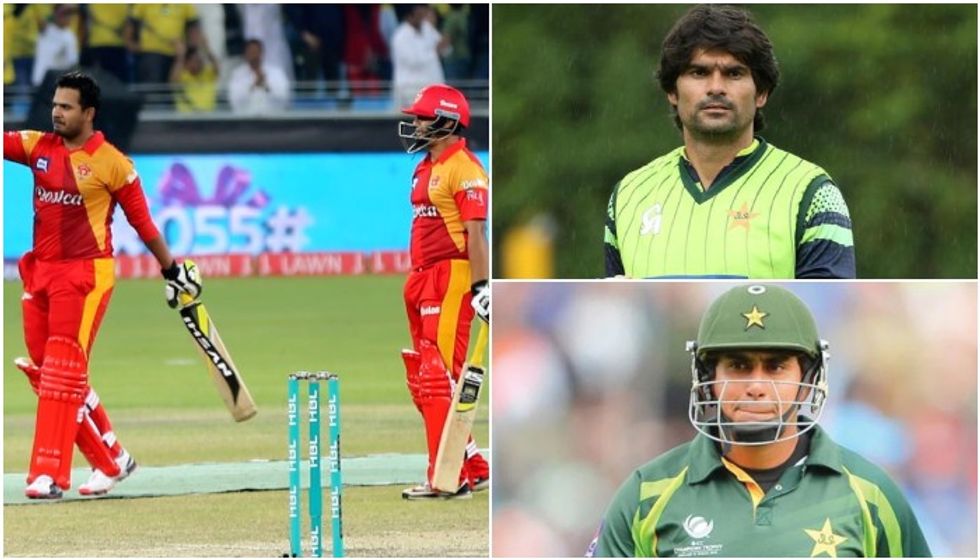
Shahzaib was given suspension for a year, but in August 2018, his ban was upheld for four years after a review appeal.
Mohammad Ashraful’s Ban
The talented Bangladeshi batter, who represented his country in 61 Tests, 177 One Day Internationals (ODIs) and 23 Twenty20 Internationals (T20Is), was involved in spot fixing during the 2013 Bangladesh Premier League. The matches in which he was allegedly involved were between his team Dhaka Gladiators and Chittagong Vikings on February 2 and in the other contest against the Barisal Burners.
The right-handed batter remained under suspension more than a year before getting banned for eight years in June 2014. Later, the ban was reduced to five years. In 2016, the ban was partially lifted and he became eligible to play at domestic level, and two years later, also became eligible to play international cricket.
Apart from Ashraful, the star Bangladesh all-rounder Shakib Al Hasan also went through a one-year ban from October 2019 to 2020 after failing to report the approaches made to him, one during a tri-series in 2018 and other during the 2018 IPL.
Involvement of UAE’s Quartet
In 2021, the five UAE players – Amir Hayat, Ashfaq Ahmed, Mohammad Naveed, Shaiman Anwar and Qadeer Ahmed – were handed over the bans in varying manners after they were found violating the ICC’s anti-corruption code during the Men’s T20 World Cup Qualifier in April 2019.
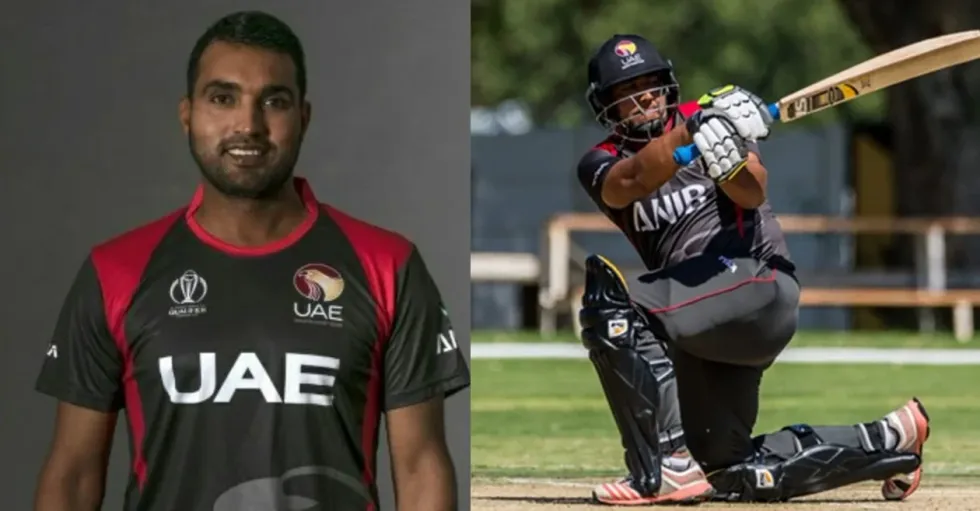
Apart from Qadeer Ahmed, who received a five-year, the other four players were banned for eight years. Amir and Ashfaq bans backdated to September 2020, when they remained suspended. While Naveed and Shaiman’s eight-year bans backdated to October 2019.





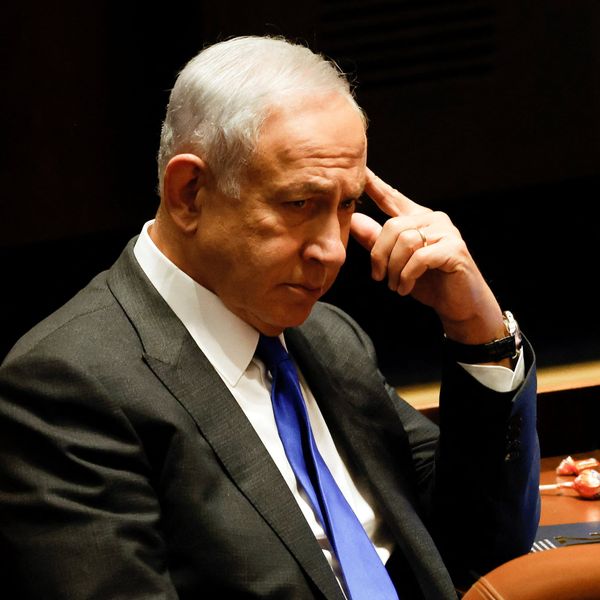

Comments
See what people are discussing